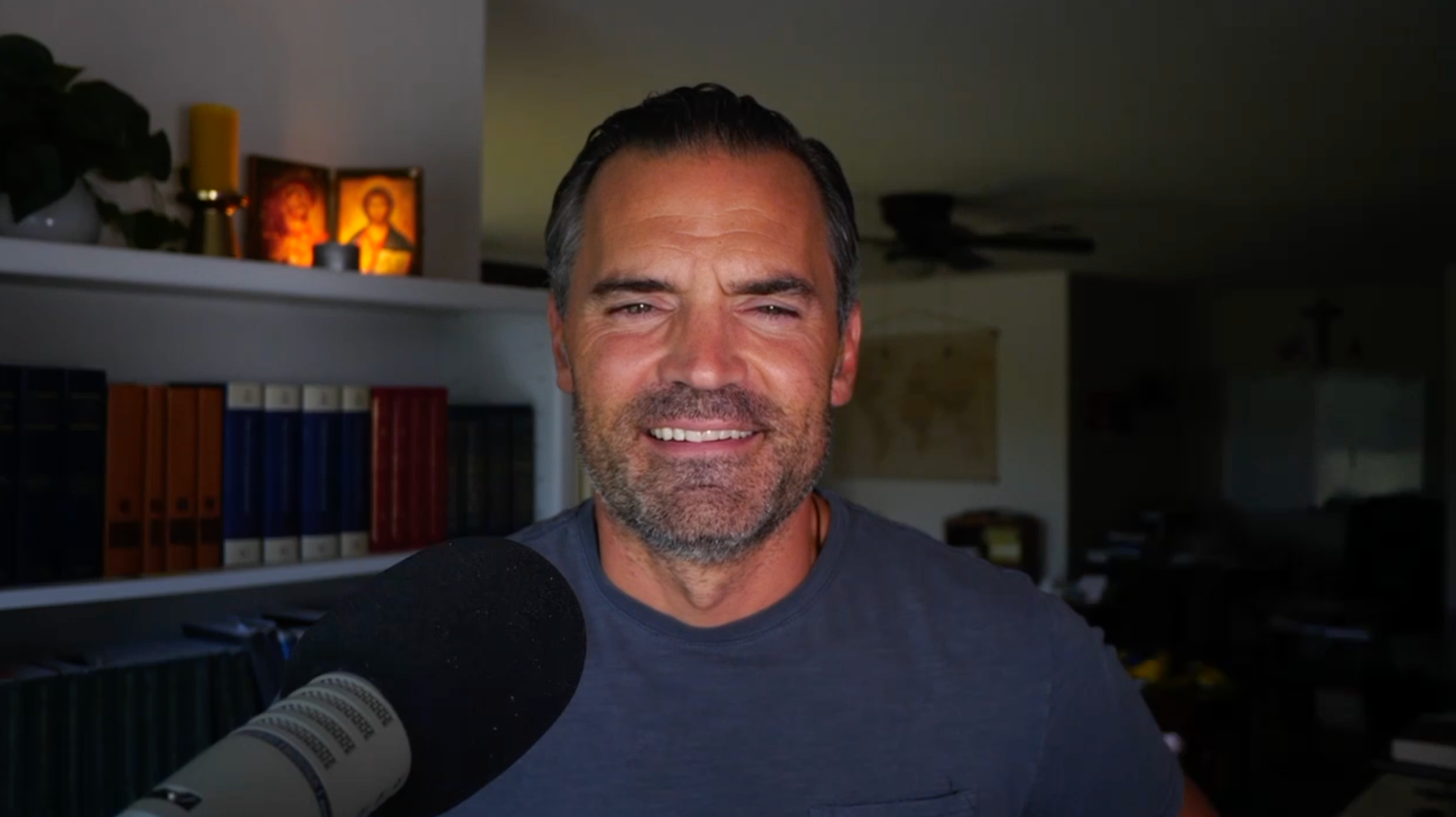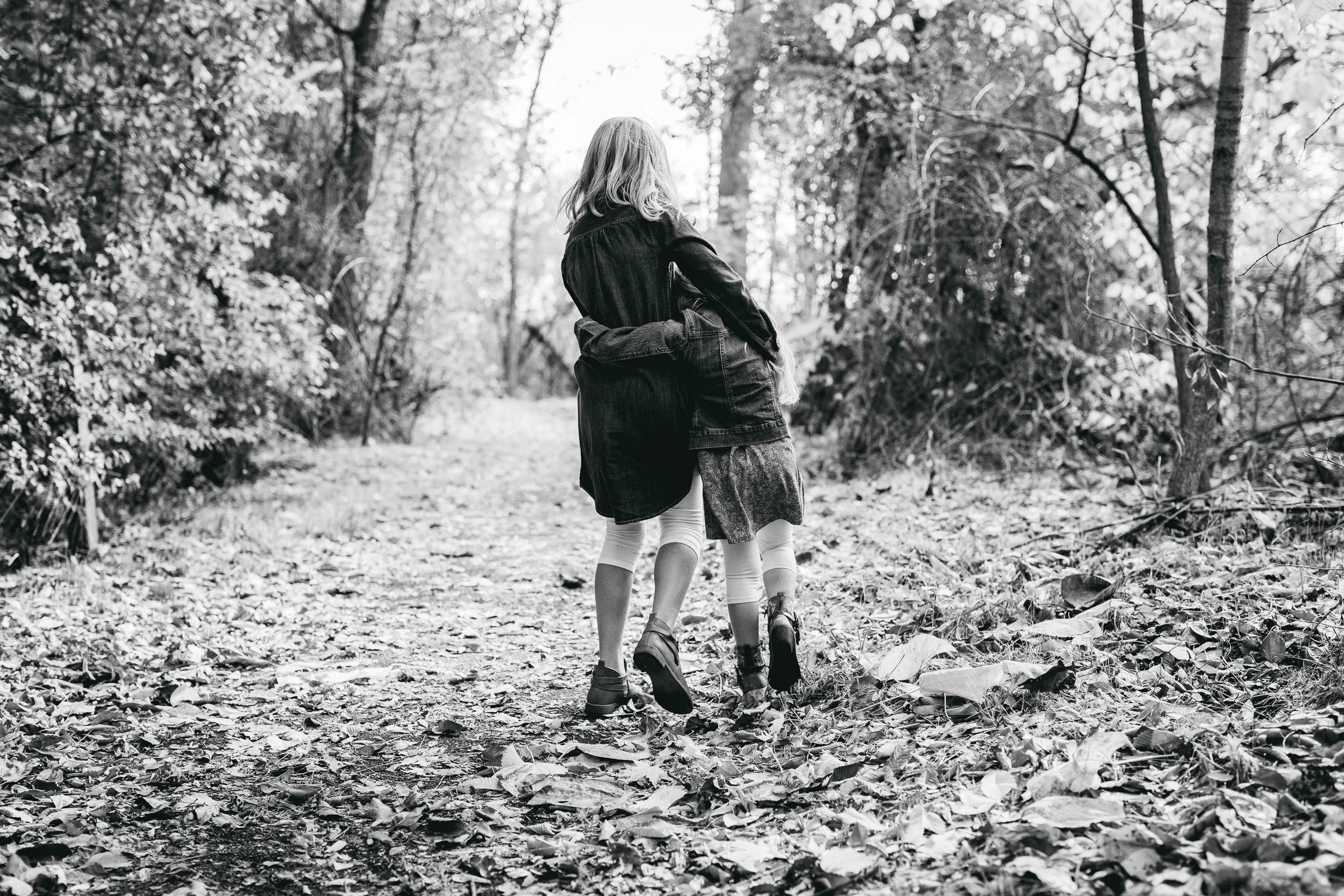Report: 9 Common Struggles of 350 Adult Children of Divorce
10 minute read
The report below was written by LeeAnne Abel (pictured above). She gave permission for the report to be shared on Restored’s blog. You can listen to episode #005 of the Restored podcast where we speak with LeeAnne about the 9 common struggles of children of divorce.
Do you understand what it is like to be an adult child of divorce?
If you are not an adult child of divorce (ACOD), I doubt you understand. As a result of the publication of Primal Loss: The Now-Adult Children of Divorce Speak, a number of secret online groups has emerged with the goal of providing its members, maybe for the first time, a place to discuss how their parents’ divorces have affected them. In the groups, which I administer, people share, without criticism, giving one another time and space to vent and grieve, analyze and process, as well as heal and forgive. When a person from an intact family says he understands, I usually find out relatively quickly that he doesn’t. When someone says that everyone has pain, trauma, hurt and disappointment, not just those whose parents are divorced, I let them know that I agree. However, an adult child of divorce has the normal difficulties of life, but in addition handles them from a broken family foundation. Just as I would take seriously an addict telling me that I do not fully understand what it is like to be an addict, I hope others will take seriously that they may not know what it is like to be an ACOD.
I asked members of the online groups to tell me what they still struggle with, and then I created a survey to see how many of those symptoms were common among members. There are currently about 350 people in the groups, and they are men and women, older and younger, adults and children at time of divorce, some with multiple parental divorces. For the most part, they are highly functioning people. But on the inside, they are dealing with the issues summarized below, listed within a few over-arching categories. This is not what they dealt with while growing up, just what is still difficult now. If you would like to know what kind of suffering still afflicts many adult children of divorce, read on.
Confidence, self-doubt, insecurity, anxiety: They struggle with confidence, having not received much familial affirmation in the past. They lack validation about their pain regarding parental divorce. Many struggle with being loved by others and by God, often feeling like second-class citizens compared to those from intact families. They have trouble accepting praise and find it difficult to stand up for themselves, many citing the fact that they were left behind as their parents moved on to prioritize the family that came after them. They often feel misunderstood about their feelings of childhood because their experiences were different than siblings who were at different ages when the family split occurred and may have lived with different parents at different times. Many have sustained feelings of unworthiness. They feel they are not allowed to have needs, are not as valuable as others. They experience general lack of confidence and nervousness but hide it.
They over-think things, find difficulty with decision-making, saying they are paralyzed by uncertainty. They experience immense stress with planning events because that will involve family members who do not get along, refuse to be at the same events at the same time with other people who were once in or are new to the family. They are told who may be invited and with whom they may have contact. For example, mother’s husband one, husband two, and the new boyfriend cannot attend simultaneously. They fear how exposure to their family of origin will affect their own children. They state insecurity as a constant companion, along with a generalized fear that something is looming in the shadows which will ruin everything, just like the sudden announcement of parental divorce did. Many have a hidden, deep-seated feeling of inadequacy, especially in their careers. They live with a fear of divorce or abandonment, thinking one wrong word may cause someone to leave.
Anger: Anger developed for many respondents during youth, especially the males, though some were older when this became an issue, and it has caused significant and predictable problems for many.
Boundaries: They struggle with understanding boundaries and establishing them. Specifically, they have difficulty establishing how much contact/interaction to have with certain parts of the family, how much to expose themselves to the stresses of their families of origin while they are trying to establish and be healthy with families of their own, and how much they can hide these difficulties when around family. As mentioned above, the logistics of attending or hosting events creates a paralyzing awkwardness and lack of joy surrounding events such as baptisms, graduations, weddings, birthdays, Christmas, Thanksgiving, soccer games, and choir recitals. This confusion around handling boundaries carries over into other relationships and friendships as they are not sure how to understand proper boundaries and whether they can establish them in a healthy way. Though most people from intact families can choose how to divide time and attention with various family members, ACODs are often put in a position of choosing between parents, which is of course more difficult than choosing which aunt to visit first when coming to town. This stress is added to the normal difficulties of dividing time with family and in-law family. They have functioned as middlemen between parents and have difficulty establishing boundaries which help them escape that role. They have difficulty deciding how much time to spend with a parent with whom they did not live while growing up.
Many were forced into role reversal as parents, especially abandoned parents, experienced turmoil during the divorce, and that dynamic is hard to break from now that the children are adults. This is related to the issue of children who were treated just like friends, but who wish to adjust that dynamic to a healthier one. Many expressed the feeling of fragmentation, having to be different with different people and speak about or avoid different things with different parts of the family.
A high number of people said they had to pretend they were happy about the divorce and/or remarriage(s), remembering they were told to repeat the story in a certain way, and fearing that the family would find out they have negative thoughts about what happened. Many said they spent years and even decades denying they were upset about the divorce before they admitted it. Many were silenced by family members, told to not talk about the divorce because it would upset someone who was already upset by it, for example, the abandoned parent. They had learned that they should not add to the burdens of their parents and feared and avoided increasing the conflict between their parents. Many reported gaslighting.
[Honoring Parents/4th Commandment]: An overwhelming number reported confusion about how to live out the fourth commandment to honor one or both parents, having lost respect for one or both and having developed a strained or broken relationship. They struggle with forgiving their parents for ruining the family, as well as struggling to forgive others who contributed to the divorce, condoned it, benefited from it, or did nothing to discourage it but could have.
Grief: Many report feelings of grief coming from the loss of family. They report silent, hidden crying and suffering, not feeling entitled to happiness or trusting it is realistic to be happy. They report sadness and sorrow, regret about decisions made while reacting to their unstable home and unprotected youth. Many have loss of memories from the trauma, feelings of being an outsider in the family/stepfamily, and resentment.
Codependence: There is a strong need among many to create harmony, fix problems, and people-please, often trying too hard so others and God will find them valuable, as well as also being a “rescuer” or “extreme friend.” Many turned to emotional eating, substance use, or other types of escapism to handle the hidden pain of family breakdown.
Loneliness: Many reported having poor or missing coping skills, an abiding loneliness, and an inability to find connectedness with grandparents, aunts, uncles, cousins, because of what happened with the divorce. They have found communication has broken down within the family regarding important things because the parents are split, and information is lost and not transmitted among people in the family. They noted a lack of belonging, a lack of a feeling that they have a home to go home to, a lack of the ability to know what is normal and what a normal person would do in certain situations.
Trust: Many have problems trusting others, trusting their words and promises, as well as attachment to others because they fear opening their hearts completely even to a spouse or potential mate. They tend toward being guarded and cautious. They are often defensive and on guard for poor treatment. Some develop a fierce independence, even though they know it can be difficult on a relationship. Some develop a hard exterior which is attributed to learning to be a survivor during the times that the parents were occupied with the divorce, recovery from divorce, and attention on the next relationship. Many fear intimacy and being vulnerable.
Many fear that conflict leads to permanent separation, and so they avoid conflict, not having seen how to resolve it, and having a fear of it. Many have developed a distrust in either men or women because of what happened during the divorce and thereafter. Many report a distorted image of God the Father and not knowing how to trust in God. Many report being too controlling, being perfectionists (to avoid showing faults and perhaps being rejected), a lack of peace, and constant worry.
Relationship Skills: Many lack examples of what marriage should look like, worrying they too will divorce like the parents did, not trusting their own ability to navigate relationships, and hopelessness about marriage being long-term. Many have been tempted to self-sabotage, thinking a relationship will end anyway, and so they might as well cause the end of the relationship now. Many report that the family does not understand the ACOD issues with which they suffer. Some have difficulty disciplining their own children, this resulting from poor modeling by their parents, perhaps having fear about over-reacting to their own parental neglect. An ACOD worries about his or her own children who fear there will be a divorce because the grandparents divorced.
Many reported problems with dealing with past abuse, loss of protection from busy single or remarried parents, and neglect. Many blamed themselves. Many felt commodified, had problems with what they had to do in court at the time of divorce, suffered from what happened when parents were dating. Many lost their connection to their faith, lost friends, felt manipulated, suffered with stepfamily problems, felt pressure to be “resilient,” lacked rules and structure, suffered with carrying of secrets, and loss of identity. Many reported their future prospects were impacted in areas of academic achievement, addiction, networking, friendships, goal formation, poverty, suicides, and loss of inheritance. They suffered with parental estrangement and watching their parents decline, especially the abandoned ones, but also those who took the same problems from the first marriage into their other relationships. Many are taking care of an aging parent, while the other parent has moved on.
ACODs rarely tell their families about this for fear they will be ostracized, judged, mocked, or rejected. Obviously, this list does not apply to every ACOD in the same way, and some things may not apply at all. But much of it may apply to different people you know and love. Thanks for reading.






Being an only child with divorced parents can feel overwhelming. There’s no sibling to lean on and no one to help carry the emotional load.